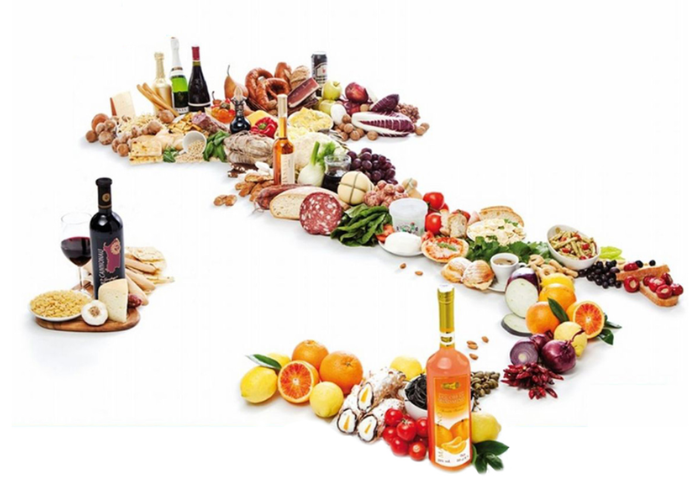Food industry: protection of intellectual propertyBY FEDERALIMENTARE
- 14 March 2023
- Posted by: Competere
- Categories: highlights, News, SUSTAINABLE NUTRITION

In essence, the protection of intellectual property in the food industry is much more important than one might think, and once again, particularly for Italy, whose unique products are often the subject of easily imitated attempts. Many small and medium-sized Italian businesses, for example, often do not have the knowledge or tools to protect their new food formulas from fraud committed by foreign companies that are difficult to trace.
STRONG LAWS FOR INTELLECTUAL PROPERTY PROTECTION
Both the European and Italian legal systems have strong laws to ensure the protection of intellectual property, particularly trademarks and patents. This has led to the registration of 15 thousand food products or technologies in Europe from 2010 to 2014.
WHAT ABOUT PGI?
THE KNOWLEDGE ECONOMY
Contrary to what one might think, the agricultural sector and the food industry are fully part of the knowledge economy. Their activity does not depend on simple manual tasks that require little experience. Instead, the production of food products often has to reconcile the opposing needs of respecting a tradition and innovating the formulation of a product or its packaging.
What we put on the table is therefore not simply the product of the land, but is almost always the result of human intellect. Companies must adapt to the needs of consumers, which change over time. The need to provide tasty products, for example, has recently become crucial to the need to produce sustainable products, both in production methods and packaging.
Likewise, consumers are increasingly willing to adopt a healthy and balanced diet. To all these needs, the Italian food industry, which generally receives an immediate response from consumers to its innovations, tends to respond with remarkable timeliness. However, it remains crucial for Europe to address the problem effectively, especially because new technologies make it increasingly easy to produce copies and imitations, and globalization makes it increasingly difficult to monitor their spread.
As a result, the protection of intellectual property is also very important for the agricultural sector. It would therefore be important for the development of the competitiveness of our country if Milan were to be assigned the third seat of the Patent Court, naturally avoiding that its main competencies are emptied.
